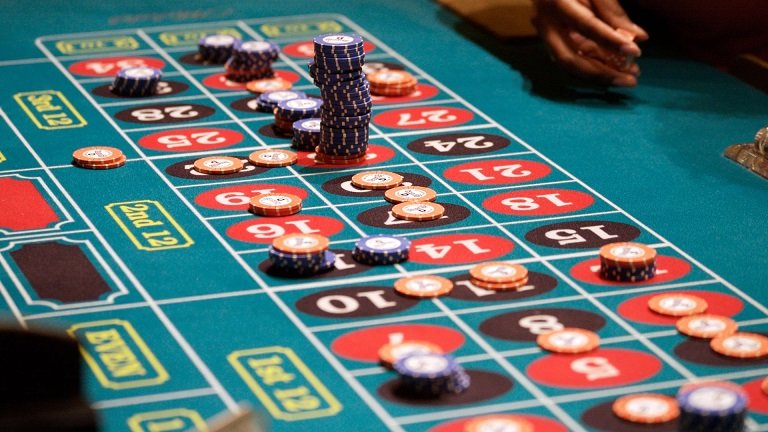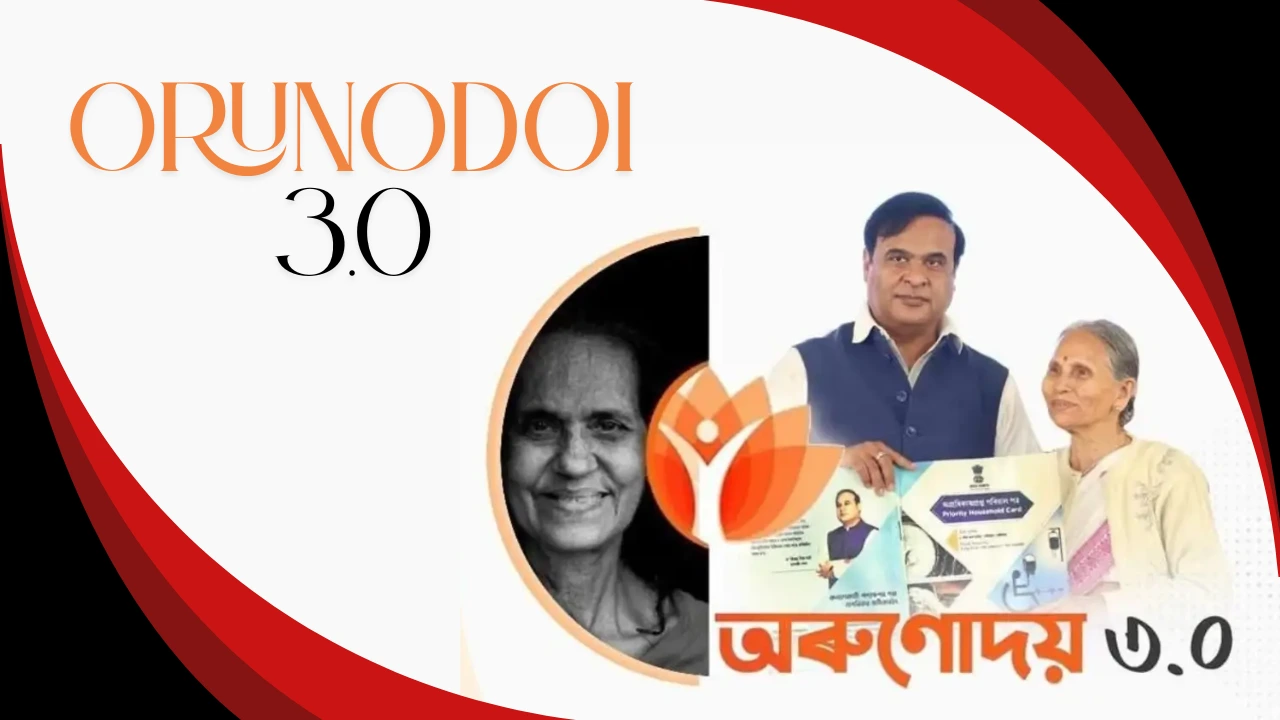Esports players are like modern fighters who play in front of millions of fans. Everything they do or decide is analyzed by fans and discussion panels. They have a lot at stake, from their reputation, career earnings, or fame, and they have a lot of pressure on their shoulders. How, then, do they stay calm under such stressful circumstances? Let us take a step into esports psychology to figure this out.
The Psychological Hurdles of Esports
Esports players are under a lot of pressure inside and outside the game. Unlike in traditional sports, where the audience is usually far away, esports players have an audience that is always watching their screen. One mistake, and they are instantly in the spotlight. Players sometimes turn to resources like the online casino site BD for relaxation or strategic thinking exercises, whether competing or simply training. The fear of failing is highly overwhelming, and every game seems like a matter of life or death.
Criticism from coaches, fans, and sponsors is heavy on the shoulders of esports players. Criticism on social media is what might push players over the edge. If players do not have the right mindset and are mentally strong, it is effortless to suffer from burnout. These persistent psychological challenges must be addressed; otherwise, they will perish in a competitive environment.
The Importance of Preparation in Mental Strength
Confidence in esports comes primarily from preparation. Mental and physical readiness during the game is essential and makes players sharper and more focused. Some key strategies include:
- Game reviews: Go over previous matches to collect their strengths and weaknesses.
- Practice routines: Developing a habit while doing structured practice sessions.
- Simulated pressure: Provide a similar scenario that captures the stress within a specific limit.
By combining these training sets, players are already mentally prepared for competitions. Many also find inspiration and strategies from platforms like Melbet Instagram, where they can connect with the broader esports community. This approach lessens their chances of catching up in the spotlight’s frenzy.
Building Resilience Under Public Pressure
Competing on a global scale with millions of audience watching is a peculiar phenomenon that comes with immense pressure and watching a player’s every move. It’s about being excellent at a precise skill and having the mental fortitude to persevere. At the highest stakes, players need calmness to perform excellently. These strengths are birthed through adequate preparation and self-discipline that blocks all external noise.
Staying Focused During Matches
Focus is an integral asset in esports. Players are expected to make decisions in seconds and be ready with a plan beyond the match. Loud supporters, issues in the game, or even self-doubt can become distractions and ruin a match. To solve this issue, many athletes employ some form of mindfulness, such as visualization or deep breathing, to assist themselves at that particular moment and deal with their nerves.
Another important thing is understanding the flow of the game itself. Players who understand rhythm and timing can function better under pressure. They stop stress from being the center of focus by zoning in on the game and not doing any overthinking. More often than not, this mental clarity decides whether a team wins or loses, especially at crucial stages in a match.
Balancing Outside Influences
Fans, sponsors, and the media scrutinize all esports players intensely, which can be highly stressful for constantly performing players. To deal with this, most athletes set personal goals and try to accomplish them. This allows them to concentrate on their improvement rather than other people’s expectations.
Social media has made things easier yet harder. It enables athletes to receive instant feedback from millions, which can be motivating or detrimental. To tackle this issue, promising players use team managers or relations managers to limit their exposure. This enables them to focus entirely on the game with no off-court distractions.
The Role of Community
Every successful esports player requires a strong and supportive team behind them. The team and fellow players are needed for more than just strategy; they are also necessary for emotional stability. The pressure of millions of viewers watching at once can be challenging, so teammates coming together to help ground the player is essential. Players will be reminded to trust the training and concentrate on the game.
In esports, this behavior is known as isolation and a mental trap. Teams must communicate freely to develop trust and lower their stress levels. Coaches help by managing their players’ mental and gameplay weaknesses. Such teams emphasize mental well-being to ensure their players can convert pressure into performance.
Psychological Strength Development
Talent alone is insufficient; the gamer must also be able to develop psychologically. A player who perseveres through every obstacle as an opportunity for growth. This gives them an edge over their competitors because people with the right mindset can convert pressure into confidence.
It is essential to understand that the process of becoming psychologically intense is never truly finished, and that is its beauty. Growth does not mean being impervious; it means learning how to move, win, and survive through chaos.














